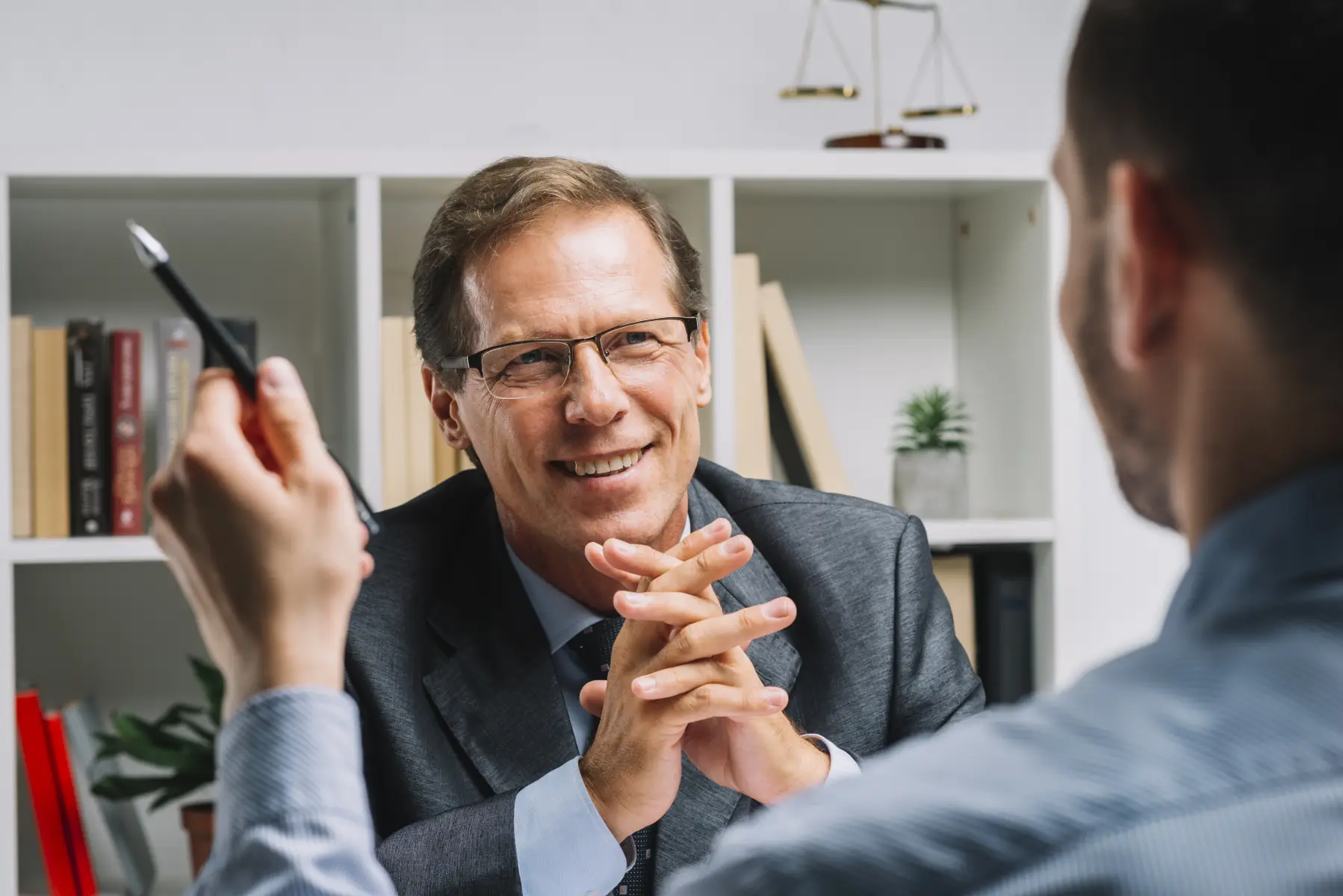Understanding the Client-Lawyer Relationship
The client-lawyer relationship is a unique partnership that hinges on trust, understanding, and effective communication. A solid rapport between lawyers and their clients not only enhances the overall client experience but also contributes significantly to legal outcomes. Lawyers must recognize that establishing rapport is a foundational step in creating a productive attorney-client relationship. Clients seek more than just legal expertise; they desire connection, empathy, and understanding of their individual circumstances.
The Psychological Basis for Rapport-Building
Building rapport is deeply rooted in psychological principles. Rapport fosters a sense of trust and confidence, essential elements in the client-lawyer relationship.
Key Psychological Elements:
- Trust: Trust is integral; it enables clients to feel comfortable sharing sensitive information. When clients trust their lawyers, they are more likely to be open and honest, leading to better communication and legal strategies.
- Empathy: Demonstrating empathy allows lawyers to understand their clients’ perspectives and emotional states. This understanding can create deeper connections, showing clients that their concerns are acknowledged and valued.
- Reciprocity: Building rapport often involves a reciprocal relationship where both lawyer and client contribute to the dialogue. This mutual engagement fosters a collaborative atmosphere, enhancing overall effectiveness.
By understanding these psychological elements, lawyers can adopt strategies that strengthen rapport with their clients.
Strategies for Effective Client Communication
Effective communication is key to building rapport with clients. Lawyers can employ various strategies to enhance their interactions and foster a strong connection.
Active Listening Techniques
Active listening is the foundation of effective communication. It involves fully focusing on the client’s words, understanding their message, and responding thoughtfully.
- Pay Full Attention: Give clients your undivided attention by maintaining eye contact and minimizing distractions. Show that you value their input.
- Reflective Listening: Paraphrase or summarize what the client has said to demonstrate understanding. For example, say, “What I hear you saying is…”
- Clarifying Questions: Ask questions for clarification to ensure that you fully grasp the client’s concerns. This encourages clients to elaborate on their thoughts.
Asking Open-Ended Questions
Open-ended questions encourage dialogue and allow clients to express themselves more freely. These types of questions are essential for understanding clients’ needs and concerns in depth.
Examples of Open-Ended Questions:
- “Can you tell me more about your experience with this issue?”
- “What are your main concerns regarding this case?”
- “How do you envision the outcome of this situation?”
Asking such questions invites clients to share more information, leading to a comprehensive understanding of their circumstances.
Empathy in Understanding Client Needs
Empathy is crucial in establishing rapport. By recognizing and validating clients’ feelings, lawyers can create a supportive atmosphere that encourages open communication.
- Acknowledge Emotions: When clients express frustration or anxiety, acknowledge their feelings verbally. For instance, say, “I understand that this situation is stressful for you.”
- Use Empathetic Language: Incorporate phrases that reflect empathy, such as, “I can see how important this is to you,” or “Your concerns are valid, and I’m here to help.”
- Be Patient and Attentive: Show patience in listening to clients’ stories and needs, making them feel valued and understood.
By integrating empathy into communications, lawyers can strengthen their relationships with clients, enhancing trust and satisfaction.
Case Studies of Successful Lawyer-Client Rapport
Examining real-life case studies of successful lawyer-client rapport provides valuable insights into effective communication strategies.
Case Study 1: The Importance of Active Listening
A family law attorney faced challenges with a distraught client who felt unheard. After the lawyer implemented active listening techniques—such as reflecting back her concerns and summarizing her situation—the client expressed gratitude and felt more understood. This change led to a more cooperative relationship and ultimately a successful resolution of her case.
Case Study 2: Building Trust Through Open-Ended Questions
A criminal defense attorney learned that by asking open-ended questions during initial consultations, he could gather crucial information while also making clients feel comfortable sharing their stories. This approach helped clients feel more invested in their cases, resulting in stronger working relationships.
These case studies illustrate the profound impact of effective communication strategies on client relationships.
Coaching Tips for Enhancing Client Relations
Lawyers can benefit from coaching to refine their communication skills and enhance client rapport. Here are some coaching tips:
- Role-Playing Scenarios: Participate in role-playing exercises to practice responses in various client interactions. This can enhance comfort when encountering challenging conversations.
- Receive Constructive Feedback: Seek feedback from peers or mentors regarding client interactions. Focus on identifying strong communication practices and areas for improvement.
- Continuous Learning: Engage in training or workshops on communication strategies specifically designed for legal professionals. Staying current with techniques can enhance skills over time.
- Implement Reflection Practices: After client meetings, take time to reflect on what worked well and what could be improved in your communication style.
Coaching can equip lawyers with the tools necessary to foster lasting connections with clients through enhanced communication capabilities.
Conclusion: Creating Lasting Client Connections
Building rapport with clients is essential for successful legal practice. Effective communication—rooted in active listening, open-ended questioning, and empathy—lays the foundation for strong lawyer-client relationships. Lawyers can enhance their communication skills by adopting the strategies outlined in this guide and considering coaching support. By doing so, they can create lasting connections that not surgical benefit their clients but also enhance their overall practice. By prioritizing rapport-building in their communication strategy, lawyers can foster trust and cooperation, ultimately leading to better outcomes for both clients and themselves.










